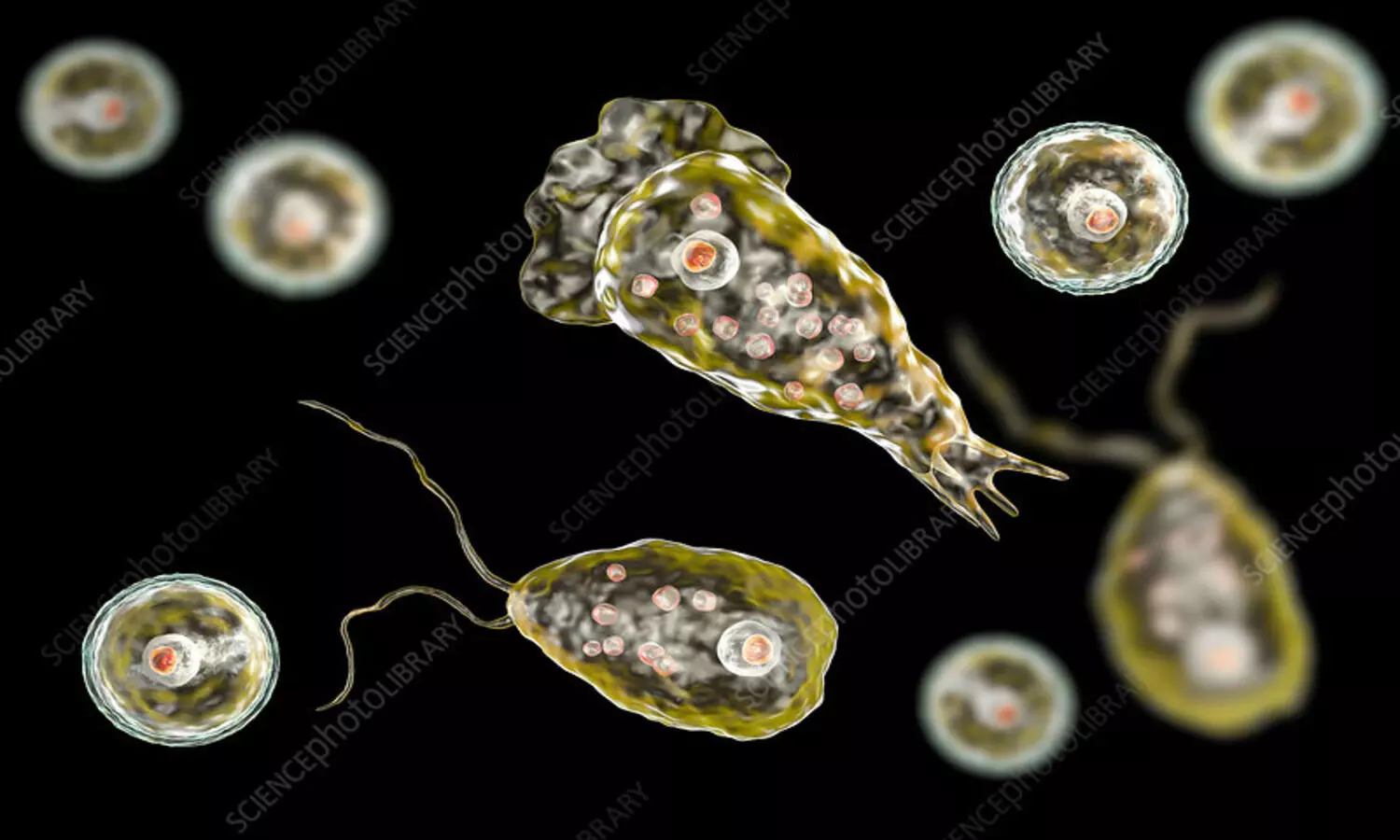Kerala Reports Rare Brain-Eating Amoeba Deaths: What You Must Know
Kerala reports rare brain-eating amoeba cases. Learn symptoms, causes, prevention, and how to stay safe from deadly Naegleria fowleri infection.
image for illustrative purpose

Kerala has reported multiple fatalities from a rare brain infection, primary amoebic meningoencephalitis (PAM), this year. Health authorities confirmed recent deaths and several ongoing cases at Kozhikode Medical College Hospital, prompting public warnings about freshwater safety.
PAM, often called a brain-eating amoeba infection, is caused by Naegleria fowleri, a microscopic organism that lives in warm freshwater such as lakes, rivers, hot springs, and poorly maintained pools. Infection occurs when contaminated water enters the nasal passages, allowing the amoeba to reach the brain. The disease is not contagious and cannot spread between people.
Symptoms typically begin within one to nine days after exposure. Early signs include headache, fever, nausea, and vomiting, which can quickly progress to stiff neck, confusion, seizures, and loss of balance. Severe brain swelling develops rapidly, and most cases result in death within about a week.
Diagnosis is difficult because initial symptoms resemble common viral infections. Doctors use cerebrospinal fluid tests, imaging, and rapid identification of the amoeba to confirm PAM. Treatment options are limited, often involving the anti-amoebic drug amphotericin B combined with supportive care, though survival rates remain low.
Preventing infection is essential. Experts advise:
* Avoid swimming, diving, or bathing in warm, untreated, or stagnant freshwater.
* Keep household and tap water properly chlorinated.
* Use nose clips or avoid submerging the head during water activities.
* Prevent water from entering the nasal passages during bathing or ritual cleansing.
Although PAM is extremely rare globally, clusters can occur in warm climates, making awareness and caution critical. Timely action and strict adherence to preventive measures significantly reduce the risk of infection.

